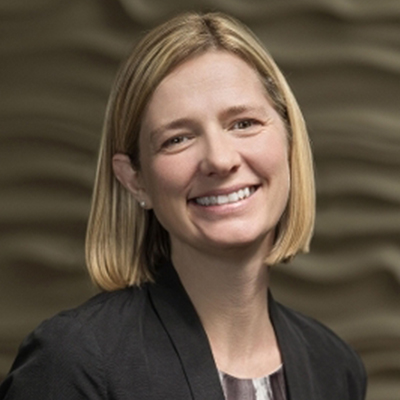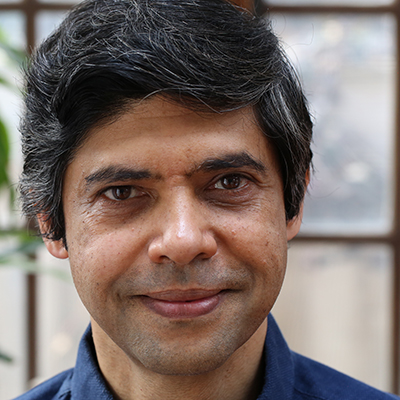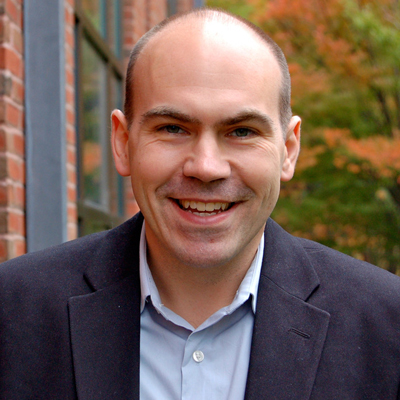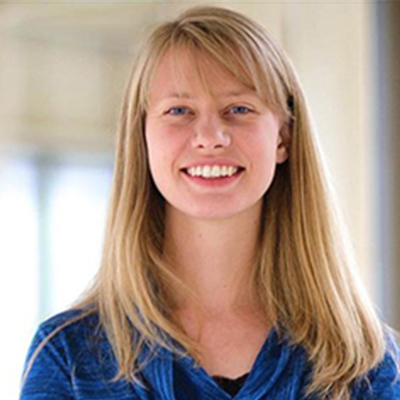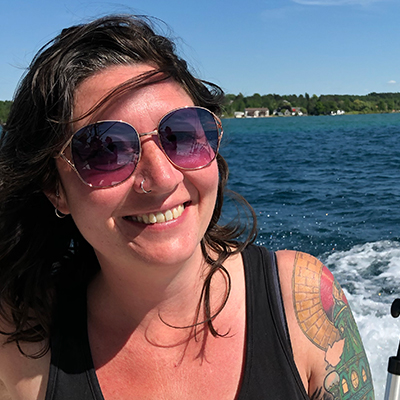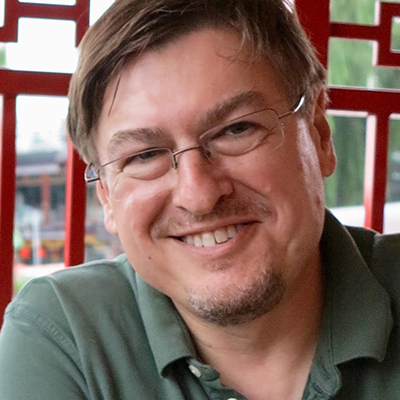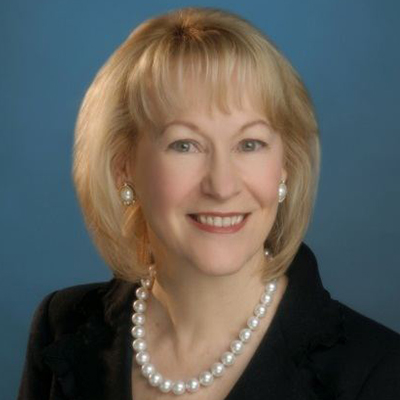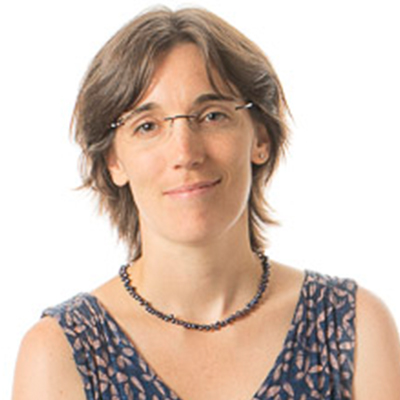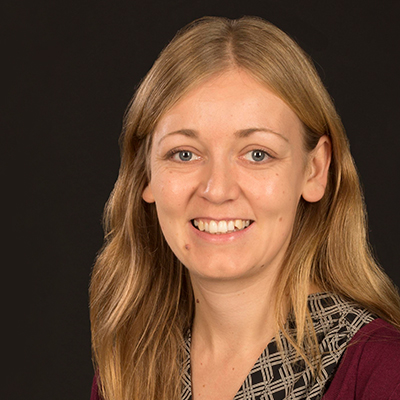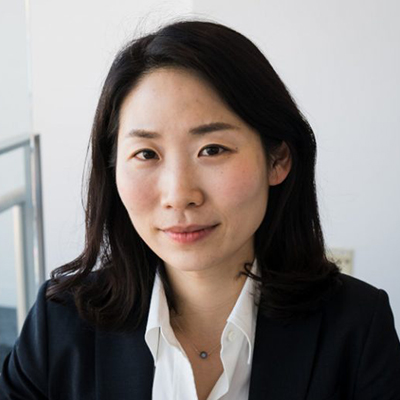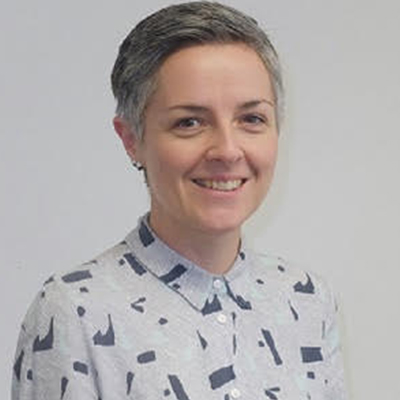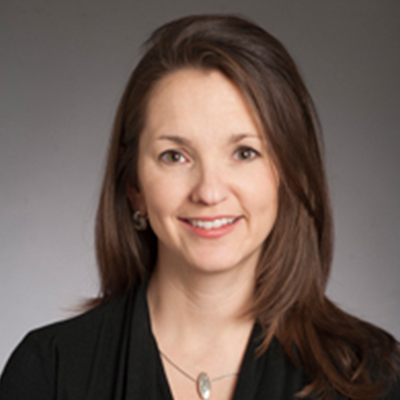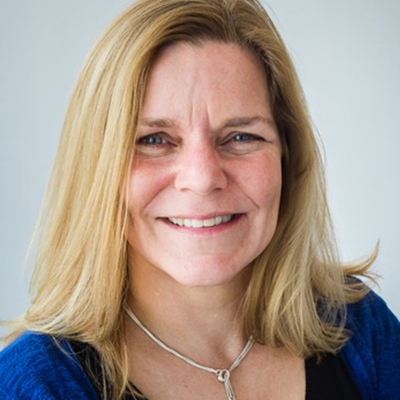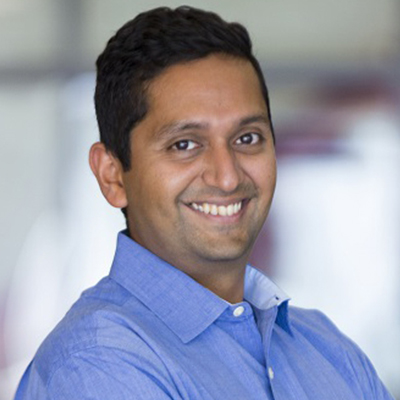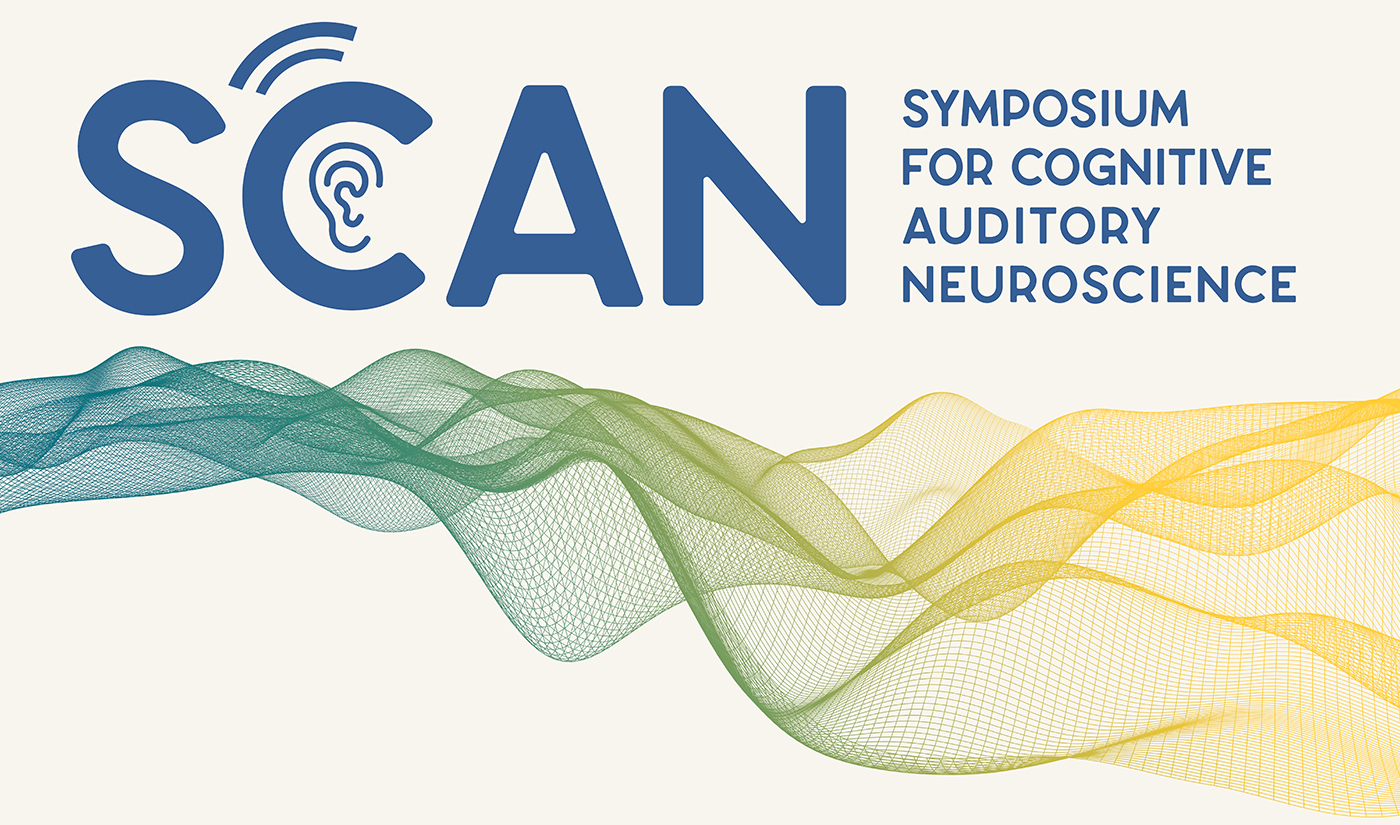
The Symposium for Cognitive Auditory Neuroscience (SCAN) was planned for 2020 as a forum in which to develop intellectual community among those interested in human auditory cognitive neuroscience in a lively gathering in Pittsburgh, PA. Of course, 2020 had other things planned.
With uncertainty persisting into 2021 we are hoping that you will join us in the Symposium for Cognitive Auditory Neuroscience ‘Un-Conference’ to take place over the course of 2021.
With an eye toward Zoom fatigue, we are planning four themed special sessions (April 16, May 21, September 24, October 29).
Each will take place from 11am-2pm EST on a Friday to accommodate a wide variety of time zones and will involve three invited talks followed by an online gathering to encourage interaction. We will have ‘unconference’ provocateurs to make the event as interactive as possible in the virtual world.
A major goal of SCAN is to offer trainees the prospect of interacting with leaders in the field. To accomplish this at a distance, there will be four SCAN Early Career Roundtables, scheduled a week after each mini-symposium. This will allow a group of early career researchers selected from an application process have a chance to interact with the speakers in a more intimate online setting.
Registration is Free.
Please complete the following form to register and to submit interests in round table discussions.
We are excited to announce SCAN Early Career Roundtables that will take place a week after each mini-symposium.
A key SCAN goal is to increase opportunities for early career researchers to engage with leaders in the field of Auditory Cognitive Neuroscience. To facilitate this, we will host an hour-long networking roundtable event involving the speakers from each SCAN mini-symposium and six early career researchers (doctoral students, post-doctoral fellows, or early-stage faculty applicants (within three years of a faculty position)).
SCAN Early Career Roundtables will take place virtually exactly a week after each mini-symposium. SCAN is highly committed to inclusiveness: we encourage applications from individuals historically under-represented in the neurosciences. The organizing committee will select awardees based on the candidates’ letter of intent, alignment with mini-symposium themes, and qualifications.
Trainees can choose any one of the four roundtables below:
SCAN Early Career Roundtable 1: April 23 noon-1 pm EST
Roundtable with “Cognitive and Neurobiological Approaches to Speech & Music” SCAN speakers Anirudh Patel, Ingrid Johnsrude, Jonathan Peelle
SCAN Early Career Roundtable 2: May 28 noon-1 pm EST
Roundtable with “Entraining the Brain” SCAN speakers Jessica Grahn, Molly Henry, and Jonathan Simon
SCAN Early Career Roundtable 3: October 1 noon-1 pm EST
Roundtable with “Auditory Plasticity & Learning” SCAN Speakers Patricia Kuhl, Huan Luo, and Emily Coffey
SCAN Early Career Roundtable 4: November 5 noon-1 pm EST
Roundtable with “Cracking the Code for Talker Identity in Speech” SCAN Speakers Emma Holmes, Carolyn McGettigan, and Sung-Joo Lim
To participate, submit a single PDF file that includes the following on the Registration Form:
- Brief statement of what intent (what you hope to gain from the experience, your research alignment with the mini-symposium themes; ½ page to 1 page)
- Brief description of your research (½ page to 1 page)
- CV
Deadlines
Roundtable 1 and 2: March 31
Roundtable 3 and 4: August 31
Invited Speakers
April 16, 2021 @ 11 a.m.-2 p.m. EST
Ingrid Johnsrude
Western University
Aniruddh Patel
Tufts University
Jonathan Peelle
Washington University
Cognitive and Neurobiological Approaches to Speech & Music
April 23 @ noon-1 p.m. EST
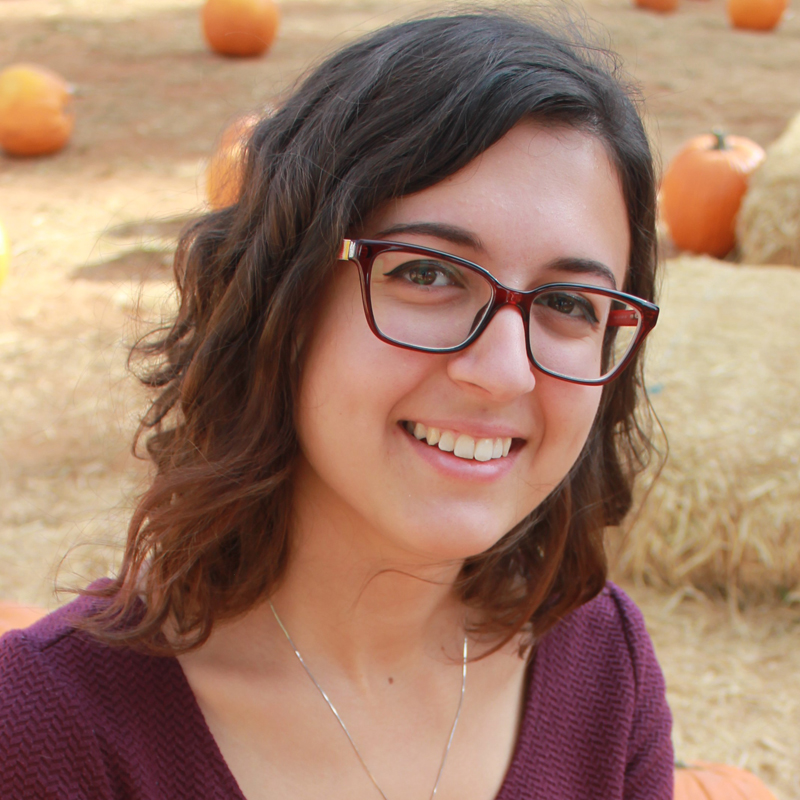
Eleonora Beier a PhD student at the University of California, Davis, working with Professor Fernanda Ferreira. She has explored topics across psycholinguistics and music cognition. She is particularly interested in prosody, speech and musical rhythm, cortical tracking of speech, and cross-cultural perspectives in music cognition.
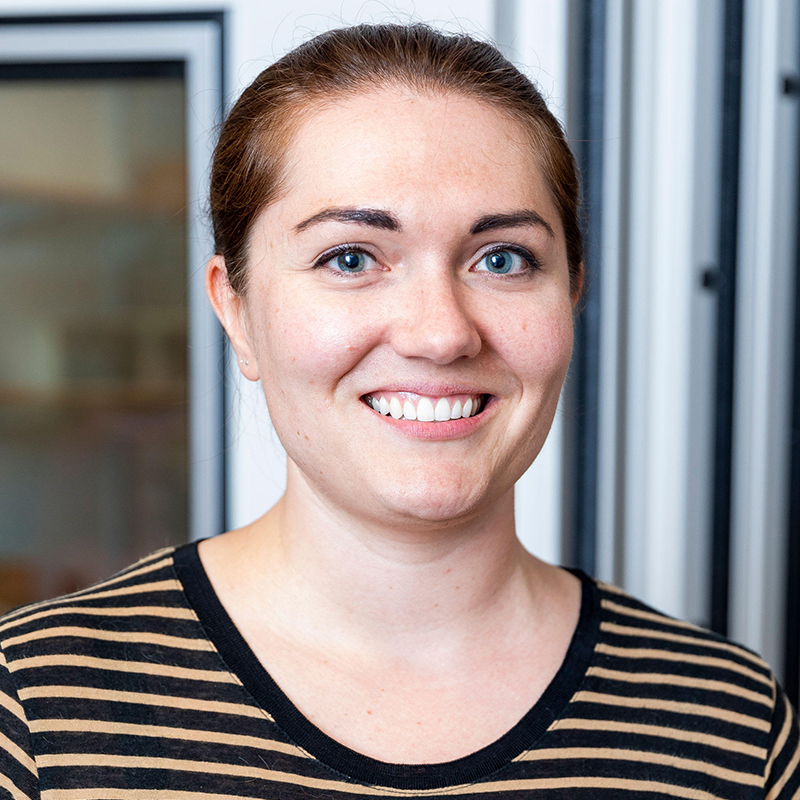
Dana Boebinger is a PhD student in the Harvard program in Speech and Hearing Bioscience and Technology, working with Professor Nancy Kanwisher and Professor Josh McDermott at MIT. Her research uses fMRI and computational methods to understand the neural mechanisms that underlie human perception of complex sounds, like speech and music.
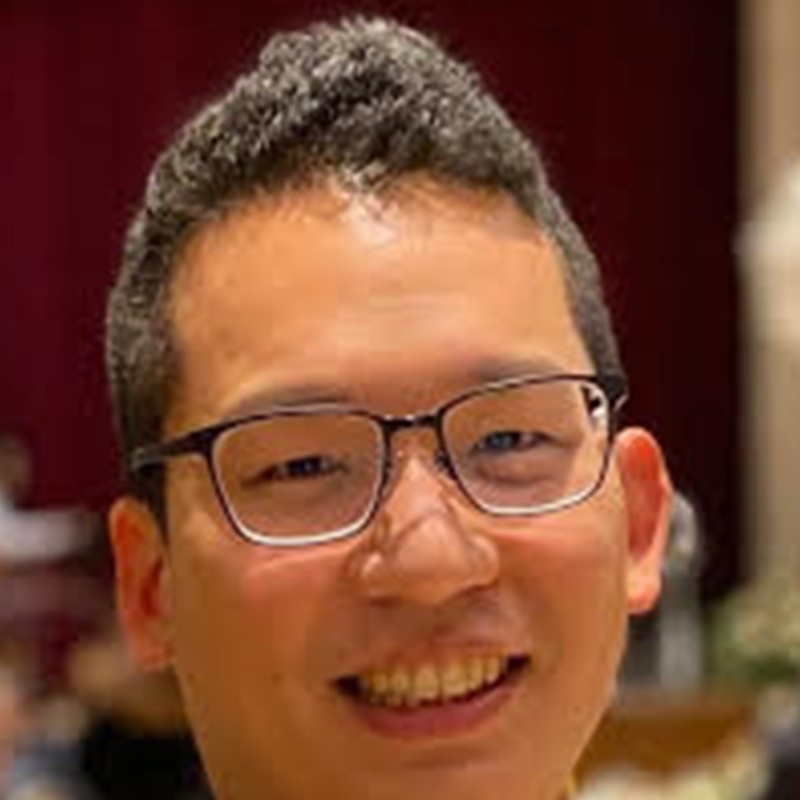
Andrew Chang, PhD, is a postdoctoral researcher working with Professor David Poeppel at the Department of Psychology, New York University. His current research focuses on the fundamental differences between speech and music at the acoustic, perceptual, and neural levels.
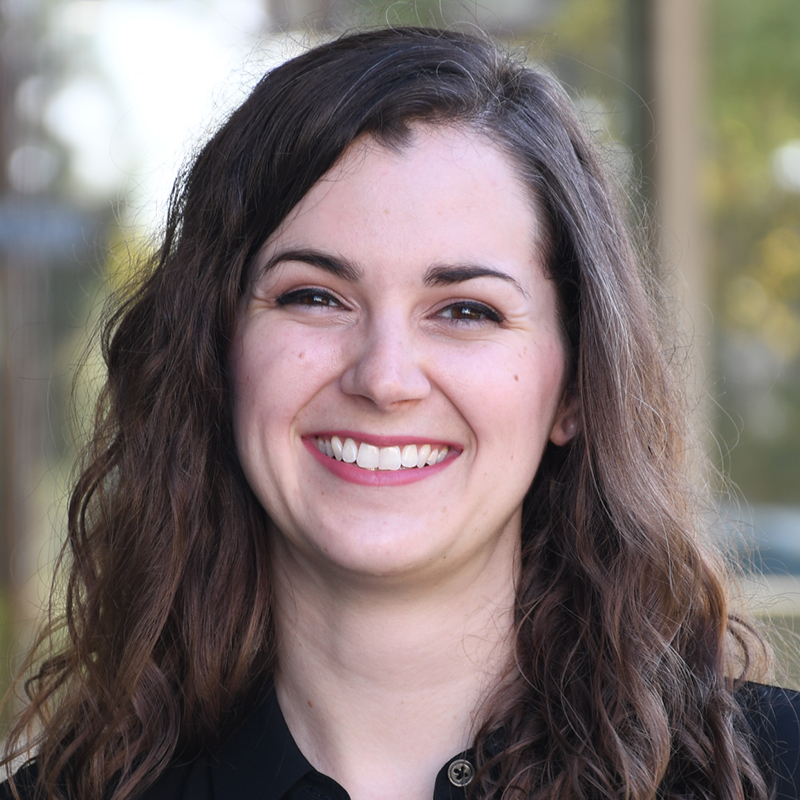
Megan Fitzhugh, PhD, is a NIA post-doctoral fellow at the University of Southern California. Her research broadly focuses on human brain-behavior relationships in typical aging. Her recent work explores how age-related hearing loss impacts brain structure and function and how hearing loss may serve as a biomarker for pathological brain aging.
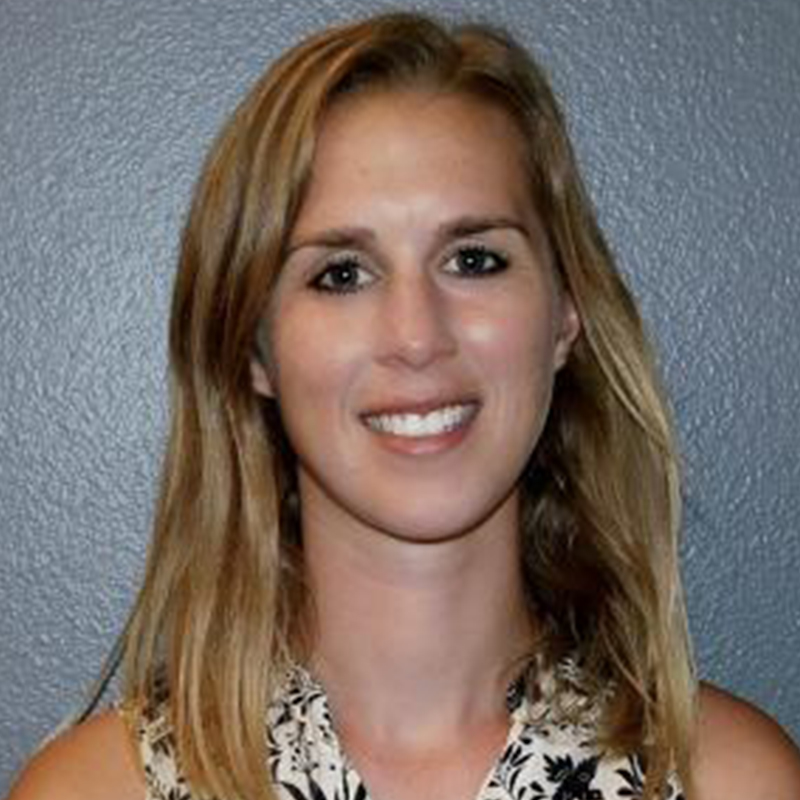
Arianna LaCroix, PhD / CCC-SLP, is an Assistant Professor in the Speech-Language Pathology Program at Midwestern University-Glendale. Her research focuses on understanding visual and auditory attention abilities in persons with aphasia and how each relates to language. She is additionally interested in understanding the role of music in aphasia rehabilitation.
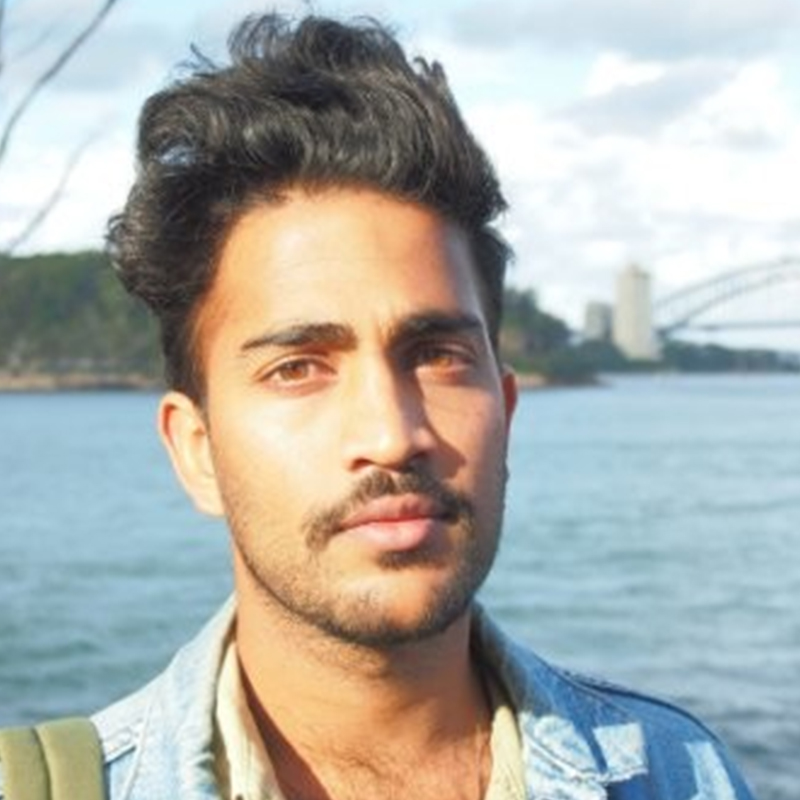
Narayan Sankaran, PhD, is a postdoctoral scholar in Dr. Edward Chang’s lab at UCSF. He uses electrocorticography to examine the extent to which music and speech perception leverage domain-general versus specialized cortical encoding mechanisms. His PhD research tracked the dynamics with which higher-level musical representations emerge in the cortex during music-listening.
May 21, 2021 @ 11 a.m.-2 p.m. EST
Jessica Grahn
Western University
Molly Henry
Max Planck Research Group, Neural and Environmental Rhythms
Jonathan Simon
University of Maryland
Entraining the Brain
May 28 @ noon-1 p.m. EST
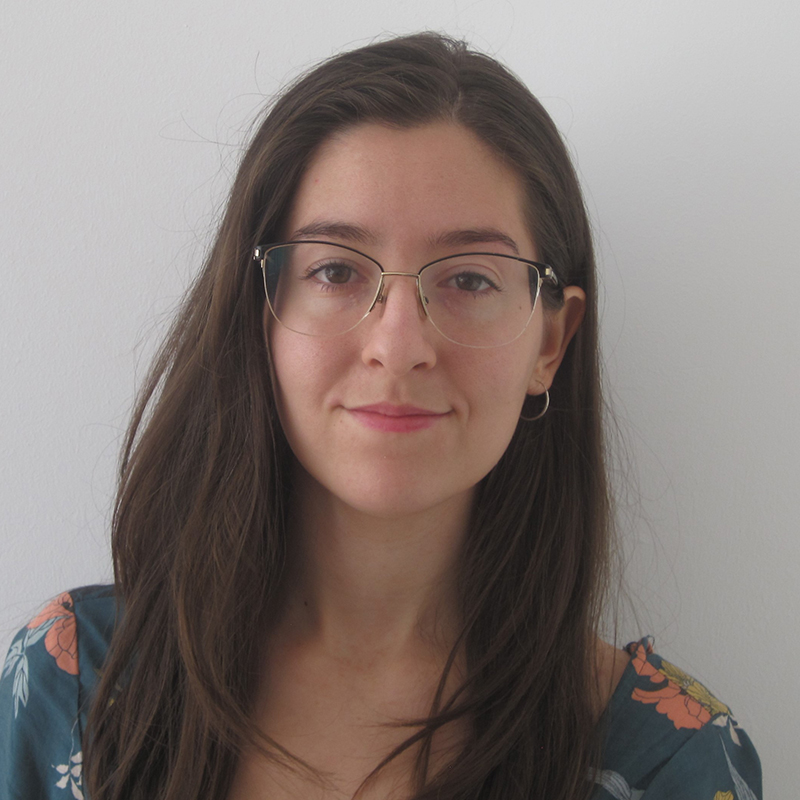
Raquel Aparicio Terrés graduated in Psychology and earned an MS in Research in Behavior and Cognition at the University of Barcelona. During those years she worked on motor-auditory interactions. She is currently a PhD student in the Artsoundscapes project exploring the interplay between entrainment by music and altered states of consciousness.
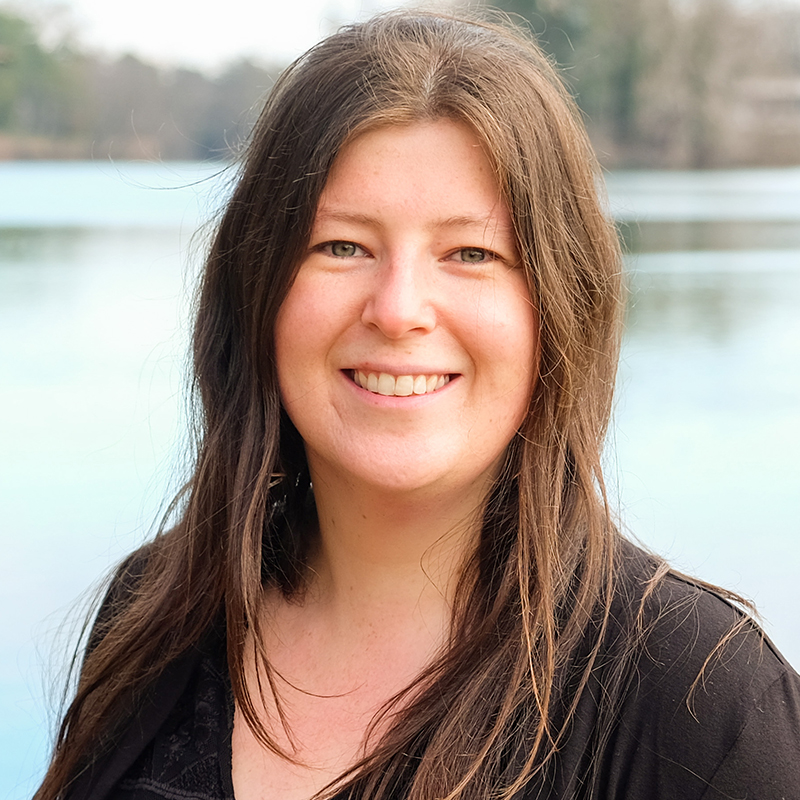
Anna Fiveash, PhD, is a postdoctoral researcher within the Centre National de la Recherche Scientifique in Lyon, France with collaborative work via Vanderbilt University. She is interested in the diverse connections between music and language, and what these connections can reveal about underlying cognitive processes in the brain. Her research has focused on hierarchical structure building, rhythm, prediction, and memory in music and language, using insights and methods from experimental psychology and cognitive neuroscience.
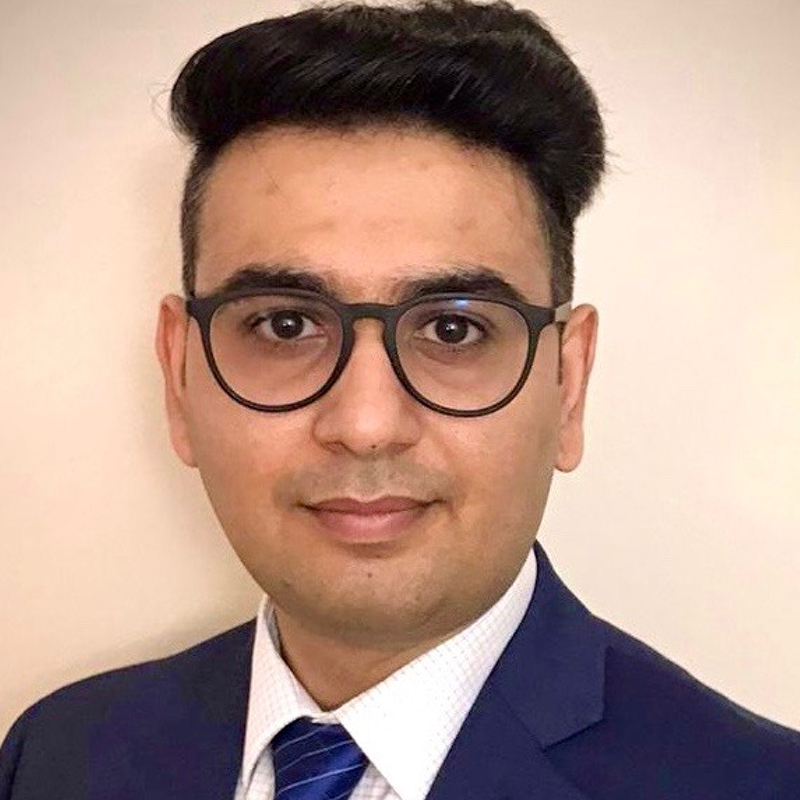
Akshay Maggu, PhD, is a postdoctoral researcher at Duke University whose research is geared towards understanding the effects of auditory experiences of speech, language, music, and their disorders, on sound processing in the brain. He primarily uses subcortical and cortical electroencephalography techniques and has a long-term goal is to guide translational research in communication disorders.
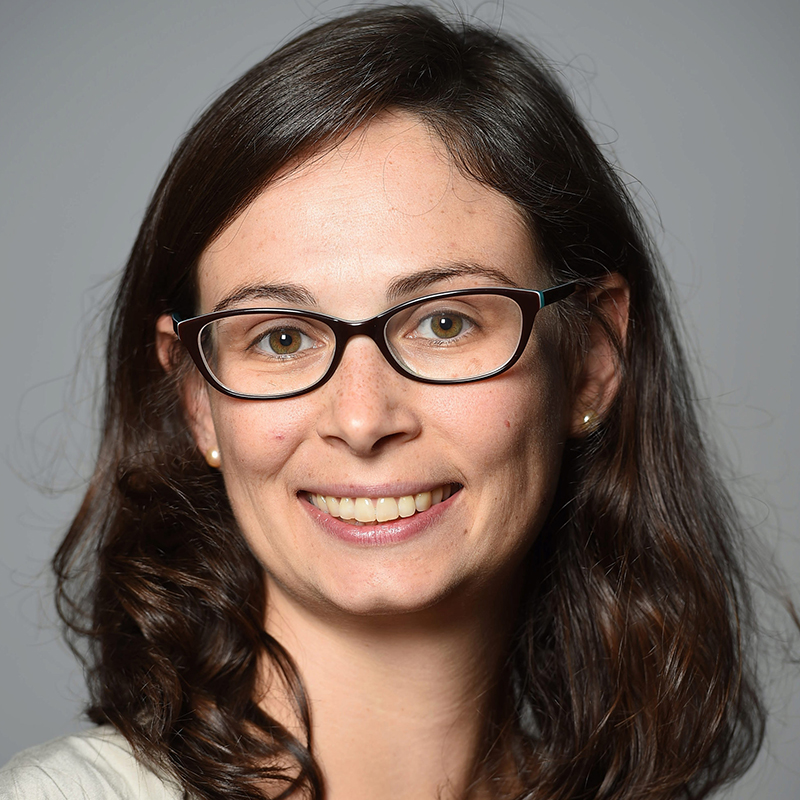
Yulia Oganian, PhD, is a postdoctoral researcher in the Department of Neurosurgery at UCSF, where she studies how the human brain extracts linguistic information from sensory inputs across languages. Most recently, her focus is on the cortical representation of speech temporal dynamics, in particular syllable structure and stress patterns.
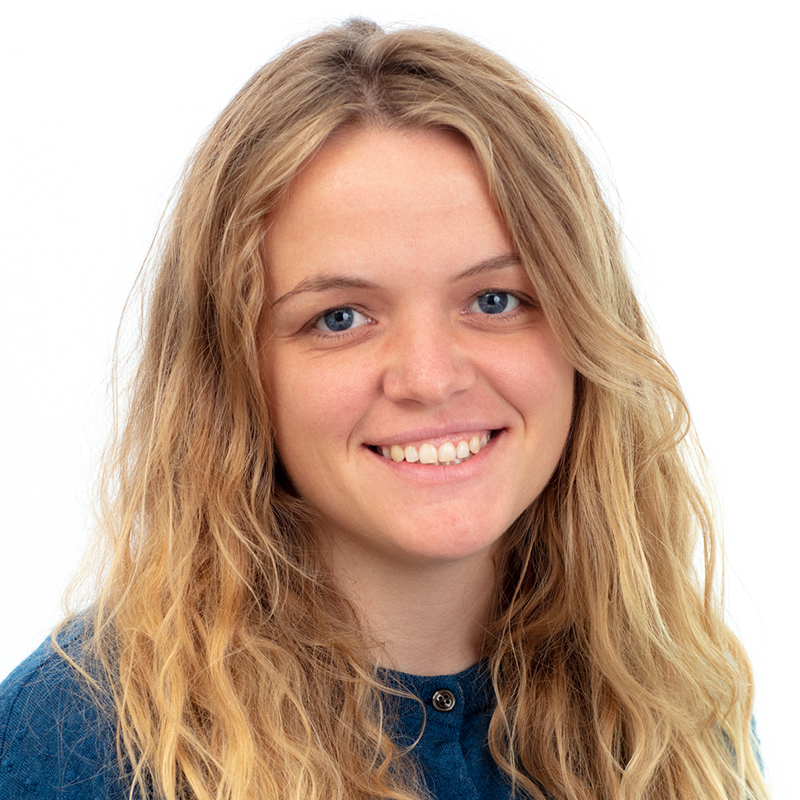
Sandra Solli is a PhD Fellow in Cognitive Neuroscience at RITMO Center for Interdisciplinary Studies in Rhythm, Time, and Motion at the University of Oslo. She has a background in Acoustics (MSc), Musicology (BA), and Cognitive Psychology (BA). Her ongoing research focuses on the neural mechanisms underlying temporal prediction.
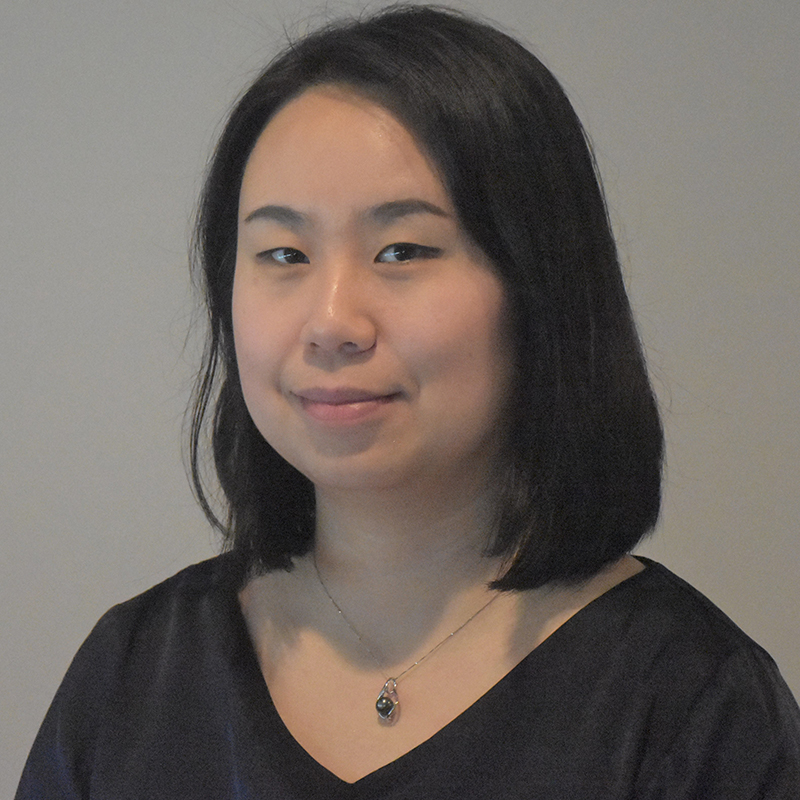
Tian Christina Zhao, PhD, is an early stage PI, directing the Lab for Early Auditory Perception (LEAP) at the University of Washington. She is passionate about understanding how the human brain learns complex sounds, such as speech and music, and how early experience may influence these neural processes in development.
September 24, 2021 @ 11 a.m.-2 p.m. EST
Patricia Kuhl
University of Washington
Emily Coffey
Concordia University
Huan Luo
Peking University
Auditory Plasticity & Learning
October 1 @ noon-1 p.m. EST
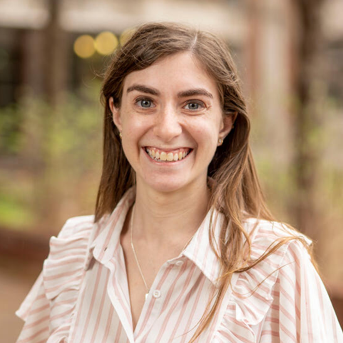
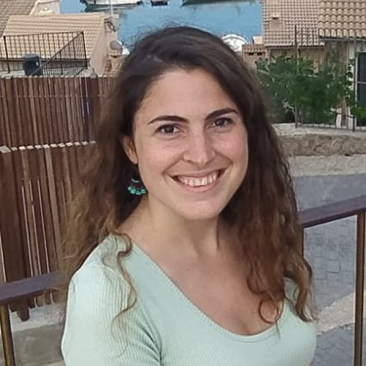
Marta Puertollano is a Ph.D. student in Developmental Cognitive Neuroscience at the Brainlab – Cognitive Neuroscience research group at the University of Barcelona, Spain. She sees language as the basis for adaptive development and with her research expects to contribute in setting up early diagnostic tools for cognitive development difficulties
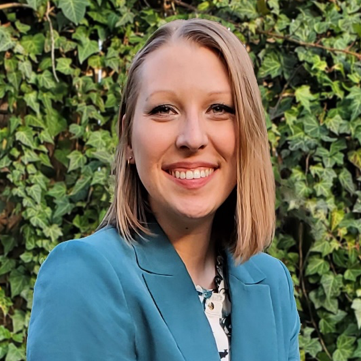
Kelsey Mankel is a postdoc at the University of California, Davis Center for Mind and Brain. She recently earned a Ph.D. in Communication Sciences and Disorders from the University of Memphis. Her research examines how listening experience, learning, and individual perceptual/cognitive differences contribute to the neural processing of speech and music.
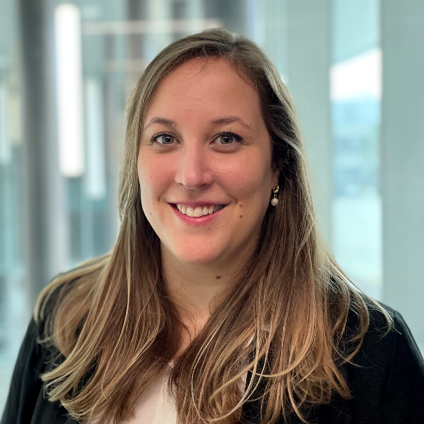
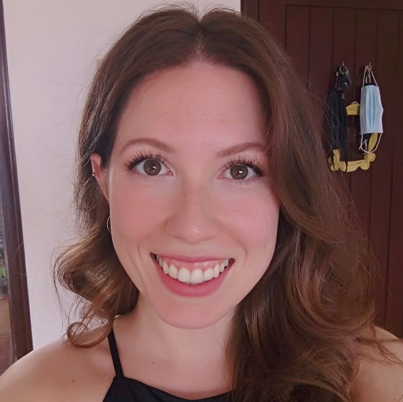
Sonia Arenillas-Alcón is a psychologist specialyzed in neuropsychology. She is part of the Brainlab-Cognitive Neuroscience Research Group at the Institute of Neurosciences of the University of Barcelona (Spain). Her scientific interests focus on studying speech sound encoding mechanisms in newborns.
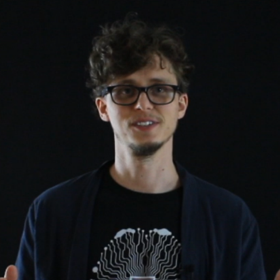
Ryan Rhodes is an assistant teaching professor at the Rutgers University Center for Cognitive Science (RuCCS). Rhoades has a Ph.D. in linguistics from the University of Delaware, where he served as lab manager of Arild Hestvik’s EEG lab. His research focuses on phonological representation and phonotactic learning.
October 29, 2021 @ 11 a.m.-2 p.m. EST
Emma Holmes
University College London
Sung-joo Lim
SUNY-Binghamton
Carolyn McGettigan
University College London
Cracking the Code for Talker Identity In Speech
November 5 @ noon-1 p.m. EST
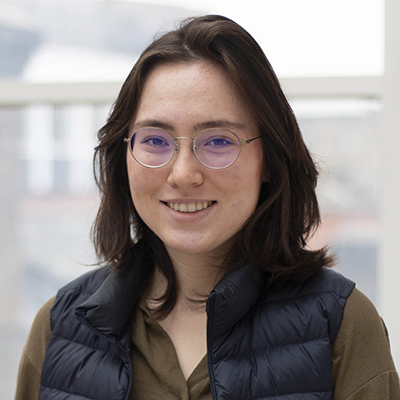
Carla Griffiths is a third-year PhD student in the Bizley Lab at UCL. Her doctoral research aims to determine if and how perceptual invariance is represented in the auditory cortex and whether the temporal coherence principle aids in auditory streaming. Her work requires combining electrophysiological recording and behavior in ferrets.
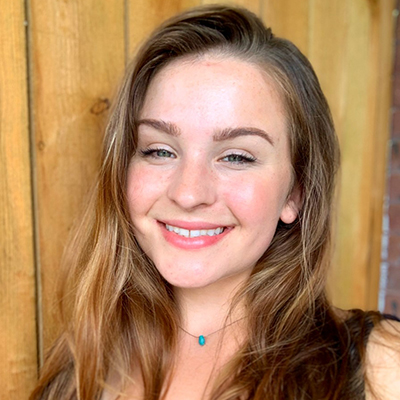
Jasmine Hect is a G1 MD/PhD student in Neurobiology at the University of Pittsburgh Medical School. She studies the neural representation of human speech in the human auditory cortex using intracranial EEG under the mentorship of Dr. Taylor Abel and Dr. Lori Holt. She is originally from Detroit, MI, where she earned her Bachelor of Science in Psychology from Wayne State University.
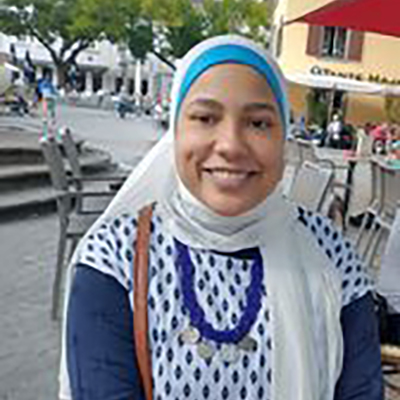
Omnia Ibrahim is a PhD student at department of computational linguistics, University of Zürich and department of the language science and technology department, Saarland University, working with prof. Bistra Andreeva, prof. Bernd Möbius and Prof. Volker Dellwo. She investigates within-speaker’s variability as a function of channel and listener variability.
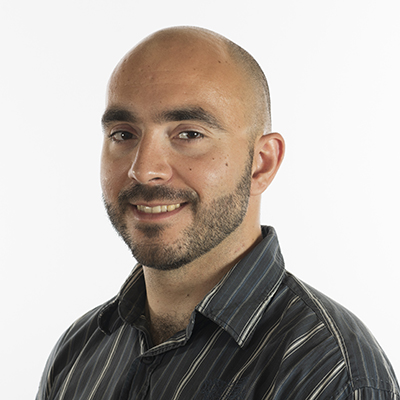
Pavo Orepić is a postdoc at University of Geneva, Switzerland, where he is investigating speech production in human intracranial data, from the perspective of dynamical systems. In his PhD, he used robotics to induce self-voice misperceptions in healthy individuals, thereby mimicking auditory-verbal hallucinations (i.e., “hearing voices”).
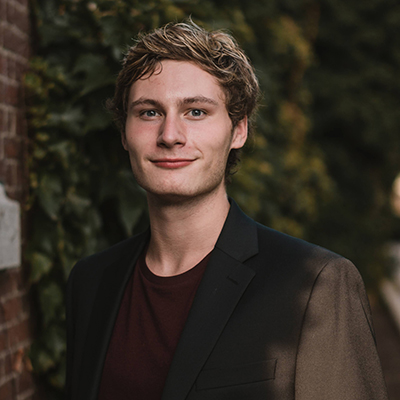
Ben Richardson is a first-year Ph.D. student in Neural Computation at Carnegie Mellon. He is interested in developing novel signal processing/neural interfacing techniques to improve the treatment of hearing disorders and understand the interaction of peripheral and central signaling in the auditory system, specifically in the context of the cocktail-party problem.
Organizers – Provocateurs
Lori L. Holt
Carnegie Mellon University
Organizer
Barbara Shinn-Cunningham
Carnegie Mellon University
Organizer
Bharath Chandrasekaran
University of Pittsburgh
Organizer
Maria Chait
University College London
UnConference Provocateur
Frederic Dick
Birkbeck College, University of London
UnConference Provocateur
Symposium Sponsors
We thank the generous support of the following sponsors:


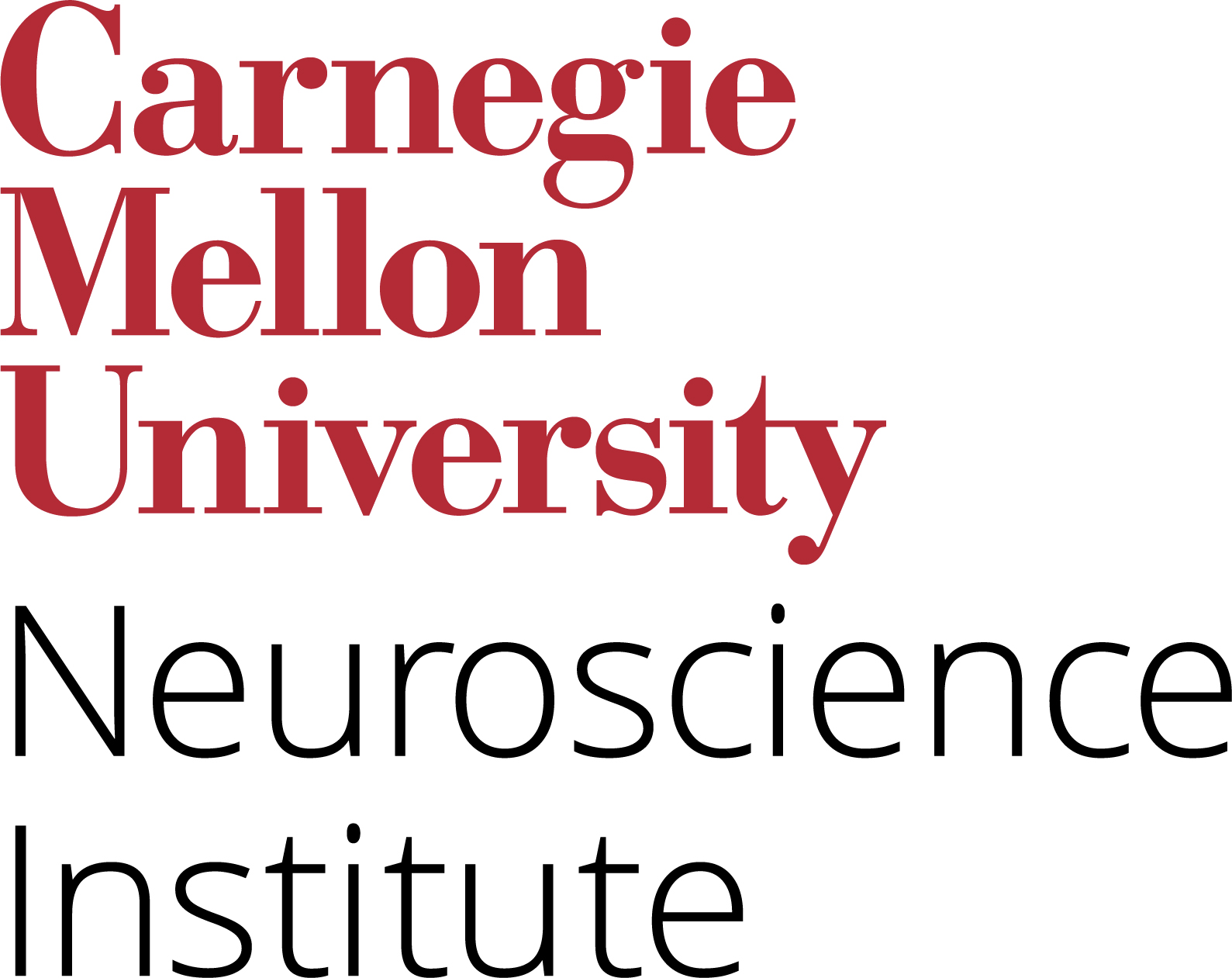
Contact Us
If you have any questions, please contact us.
